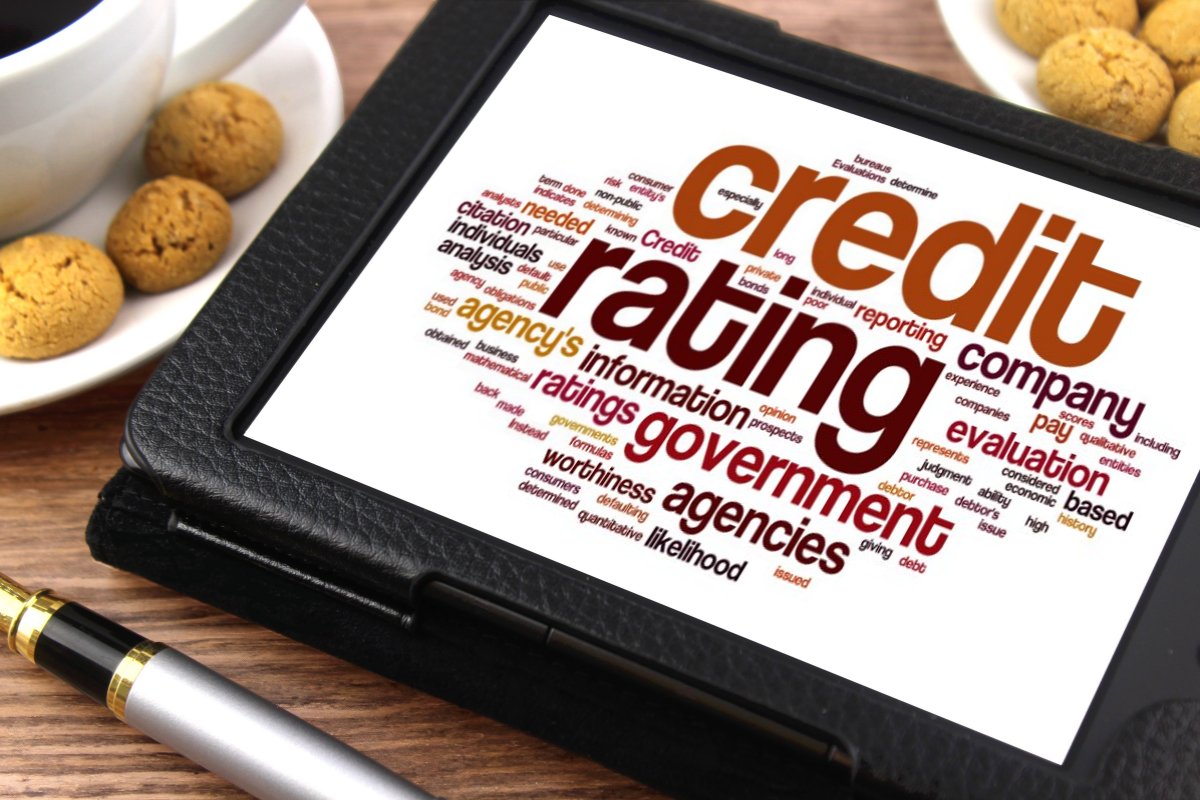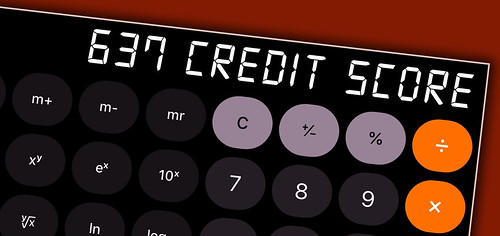글 수 645,063
 Paying past the due date could fall your score by a significant number of factors. Timely payments accounts for a huge part of your report, which makes defaulting a negative component. Worse still, your credit rating could have affected severely in case your score is already low. If a unprecedented situation comes your way, making late payments can be clear. Some loan issuers might give you time to recover if you had some explainable fiscal feasibility. While this provision is common, defaulting continuously could affect your financial wellness. The loan issuers can report an overdue payment to the bureaus should you make it overdue than 30 days. In the future, you will not be able to get good quality loans if you always make late payments. Continuous delinquencies would make lenders perceive you as a speculative debtor. That said, should you make timely payments continually, you'll have the upper hand at borrowing.
Paying past the due date could fall your score by a significant number of factors. Timely payments accounts for a huge part of your report, which makes defaulting a negative component. Worse still, your credit rating could have affected severely in case your score is already low. If a unprecedented situation comes your way, making late payments can be clear. Some loan issuers might give you time to recover if you had some explainable fiscal feasibility. While this provision is common, defaulting continuously could affect your financial wellness. The loan issuers can report an overdue payment to the bureaus should you make it overdue than 30 days. In the future, you will not be able to get good quality loans if you always make late payments. Continuous delinquencies would make lenders perceive you as a speculative debtor. That said, should you make timely payments continually, you'll have the upper hand at borrowing.Federal bankruptcy courts made this provision to offset debts from people and businesses. Filing bankruptcy may cancel some debt from you, but you should understand some consequences. While it might sound decent news in the short term, it is going to affect your ability to receive loans for 7-10 years. With bankruptcy, you won't be able to negotiate for good quality credit or credit cards. When filing for bankruptcy, you're encounter countless hurdles and legal complexities. Besides needing to prove you can't pay the loan, you will also need to go through credit counseling. The next step would be deciding whether you will file chapter 7 or chapter 13 bankruptcy. Whichever the bankruptcy, you're pay the court charges and attorney fees. Filing bankruptcy has serious consequences, hence avoiding it's an perfect choice. Besides, a bankruptcy tanks your credit score and paints you as not creditworthy.
Round the US, using a credit card continues being one of the most efficient fiscal tools. Countless consumer tales point towards moving through enormous hurdles to acquiring one. Like every other solution, a credit card includes a whole assortment of benefits and related advantages. Before issuing you a card, credit card companies consider several metrics prior to approving it. This implies that having a bad credit score would undoubtedly affect your program's success. Additionally, you are going to need to maintain good financial habits following a successful card program. If you exceed the 30% utilization threshold or default in your payments, your credit score will drop. Besides, the program adds a tricky inquiry for your account, which surely tanks your own score. If you create several unsuccessful applications, several queries could be added to a report. When it comes to having a credit card, most issuing firms have regulations. If you don't stick to the stringent regulations, then you will definitely get affected by the results.
Consumers' appetite for failure and loans to meet their obligations brought about bankruptcies. While it may help you avoid debt, you have to understand the long-term consequences. Whilst filing a bankruptcy sounds like a good bargain, you do not wish to suffer effects that may last a couple of years. Besides, a bankruptcy would cripple your negotiating power for favorable interest rates or credit cards. When filing for bankruptcy, you're encounter countless hurdles and legal complexities. Besides having to prove you can't pay the loan, you will also have to go through credit counseling. Afterward, the thing would force you to pick between chapter 7 or chapter 13 bankruptcy. Whichever the case, you'll pay the associated fees -- both court fees and attorney fees. Since you'll lose much more than you gain, avoiding filing for bankruptcy is an perfect option. Besides, it seriously damages your credit and affects how potential creditors would see you.
 Most people continually wonder whether taking a new loan could hurt their credit. In a nutshell, your credit score is heavily reliant on the way you use your creditcard. Credit calculation is generally a complex process, and loans may either boost or reduce your credit rating. If you don't make timely payments, taking out a loan would be as excellent as tanking your credit score. Your credit report is a snap that creditors use to ascertain whether you are creditworthy. There's some speculation around the essence of this check since you need a loan to construct a background. Quite simply, if you did not have a loan in the past, your success rate may be very minimal. To qualify for a new loan, you'll require a good history and utilization ration to be qualified for new credit. Comprehensive payment history previously is a vital success factor when you apply for a new loan. However, if your report is full of delinquencies, credit score prospective lenders may question your own eligibility. If you have damaged your report before, taking a new loan could help you reestablish it. Because debt quantity accounts for a considerable part of your report, you need to give it immense focus.
Most people continually wonder whether taking a new loan could hurt their credit. In a nutshell, your credit score is heavily reliant on the way you use your creditcard. Credit calculation is generally a complex process, and loans may either boost or reduce your credit rating. If you don't make timely payments, taking out a loan would be as excellent as tanking your credit score. Your credit report is a snap that creditors use to ascertain whether you are creditworthy. There's some speculation around the essence of this check since you need a loan to construct a background. Quite simply, if you did not have a loan in the past, your success rate may be very minimal. To qualify for a new loan, you'll require a good history and utilization ration to be qualified for new credit. Comprehensive payment history previously is a vital success factor when you apply for a new loan. However, if your report is full of delinquencies, credit score prospective lenders may question your own eligibility. If you have damaged your report before, taking a new loan could help you reestablish it. Because debt quantity accounts for a considerable part of your report, you need to give it immense focus.